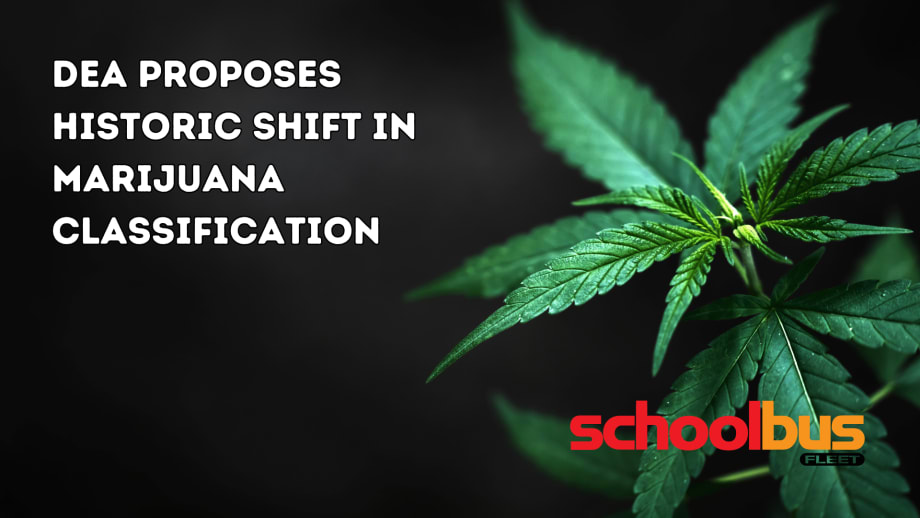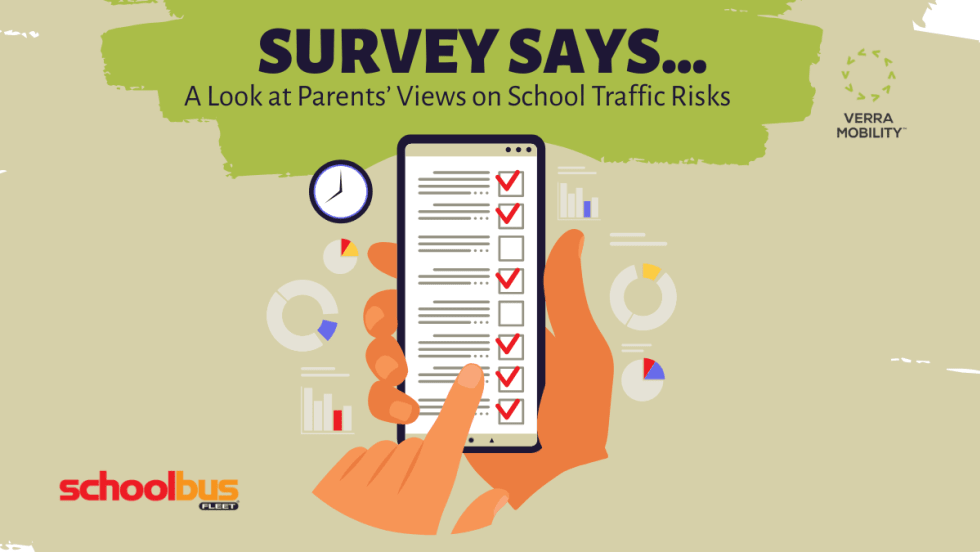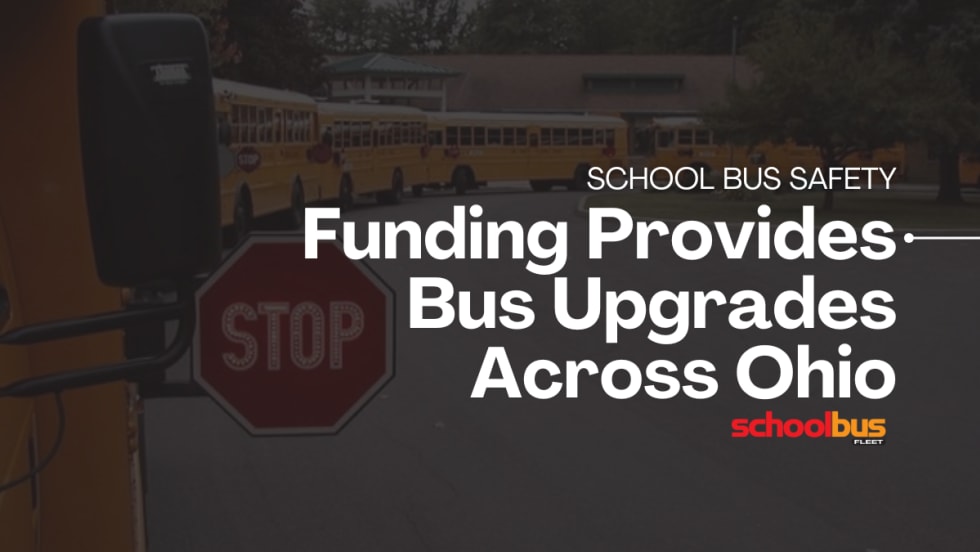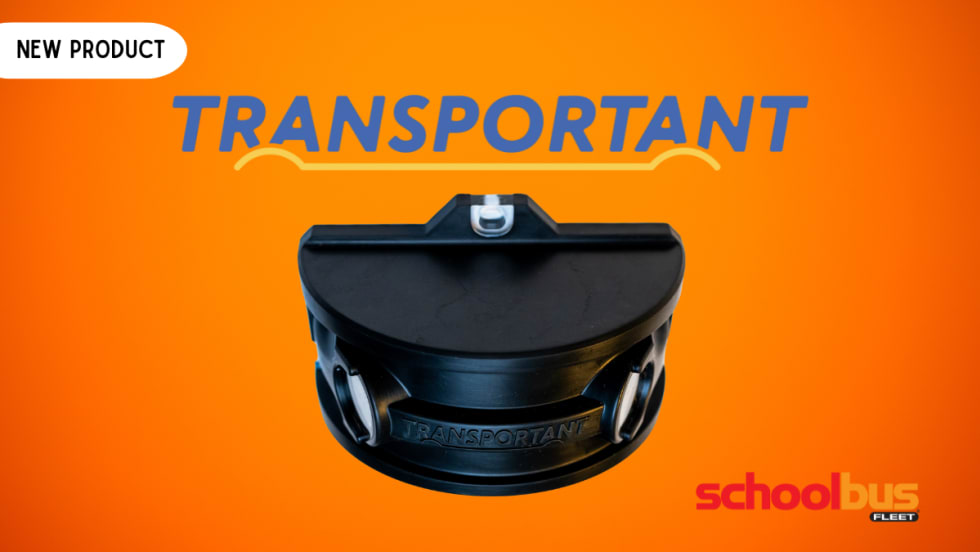Don’t expect school districts to approve bongs on buses, but the U.S. Drug Enforcement Agency seems intent on reclassifying marijuana as a less dangerous drug, recognizing the medical use of cannabis.
That’s according to a report from The Associated Press on April 30, which indicated that the DEA proposal wouldn’t legalize marijuana for recreational use.
The plan doesn’t take immediate effect. It must go to the White House Office of Management and Budget, get public comments, and then we expect administrative hearings to debate the issue. After public comment and any necessary judicial review, the agency would issue its final determination. The reclassification of marijuana’s status – from Schedule I to Schedule III under the U.S. Controlled Substances Act – would take place 30 days after the DEA’s final rule is published in the Federal Register.
“It is significant for these federal agencies, and the DEA and FDA in particular, to acknowledge publicly for the first time what many patients and advocates have known for decades: that cannabis is a safe and effective therapeutic agent for tens of millions of Americans,” said Paul Armentano, deputy director of NORML, a pro-marijuana organization founded in 1970.
Even if the new reclassification is adopted, as a Schedule III drug, marijuana would be legal to possess only from licensed pharmacies under a physician’s prescription. NORML argues that the cannabis plant should be removed entirely from the Controlled Substances Act and that states should regulate marijuana as they see fit.
Should the reclassification occur, it could result in amendments to federal drug-testing laws.
Governors in six states – Colorado, Illinois, Louisiana, Maryland, New Jersey, and New York – signed off on a letter to President Joe Biden in 2023, urging him to reclassify marijuana for purposes of providing economic and tax advantages for marijuana businesses.
“As governors, we might disagree about whether recreational cannabis legalization or even cannabis is a net positive, but we agree that the cannabis industry is here to stay, the states have created strong regulations, and supporting the state-regulated marketplace is essential for the safety of the American people,” the letter stated.
In his own statement, Colorado Gov. Jared Polis wrote: "There is, and will continue to be, a significant consumer demand for cannabis. That fact will not change regardless of the public policy choices that we make. So, it seems obvious and sensible to us to make cannabis as safe as it can be for adult consumers while simultaneously protecting our children. The state-regulated marketplace does just that. If the state-legal marketplace doesn't survive, then we will see unsafe products on every street corner."
Biden had asked for a review of marijuana’s schedule during the 2022 midterm elections.
“Criminal records for marijuana use and possession have imposed needless barriers to employment, housing, and educational opportunities,” Biden has said. “Too many lives have been upended because of our failed approach to marijuana. It’s time that we right these wrongs.”














